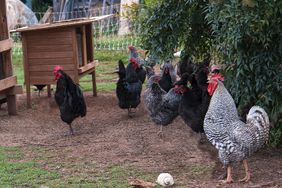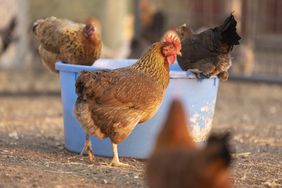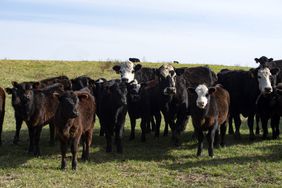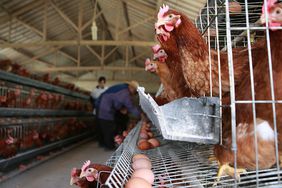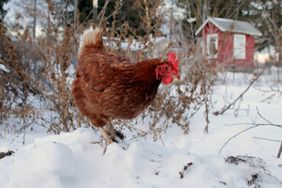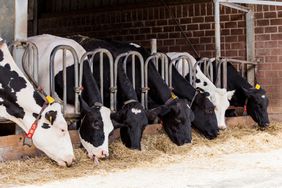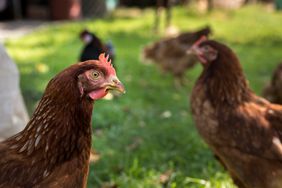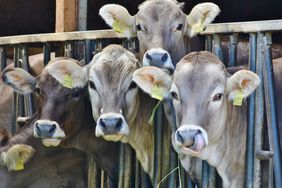:max_bytes(150000):strip_icc()/D3_2345-d1ddd0a151af4cc3a27d2449649e2f62.jpg)
A commercial turkey flock in Webster County, Kentucky, has reported that the birds did carry avian influenza. The flock had been awaiting test results after a non-negative result was returned on Monday.
The site, which is now the center of a 10-kilometer (or slightly over 6-mile) surveillance zone, has completed the depopulation of the turkeys. Numbers for this depopulation have not been released.
This is the second case of avian influenza in the state. The first case resulted in the depopulation of 240,000 chickens from a flock owned by Tyson. Though not a top-ranking state for turkey production, Kentucky ranks No. 15 for poultry and egg sales.
Other operations inside the zone have been notified and are employing additional restrictions.
For the next 30 days, the state veterinarian strongly recommends that producers in the zone who have birds with outdoor access keep birds indoors to prevent flocks from encountering wild fowl. State officials also recommend poultry have restricted access to sources of water that might be shared with wild birds. It is also recommended that operations implement strict biosecurity measures, especially in relation to waterfowl, and monitor flocks for increased mortality and clinical signs.
"This is a highly pathogenic strain of avian influenza that affects poultry," says Katie Flynn, Kentucky State Veterinarian. "It's highly contagious and spreads very easily. It is deadly to birds, so it's important to identify birds that are sick early so we can contain the virus."
Signs of avian influenza include birds dying without clinical signs; lack of energy; decreased egg production; soft-shelled or misshapen eggs; swelling or purple discoloration of the head, eyelids, comb, hocks; nasal discharge; coughing; sneezing; incoordination; and diarrhea. The USDA has a resource with images to help identify discoloration and other clinical signs.
If a bird is suspected to have avian influenza, producers should contact their local veterinarian or contact state or federal officials. Producers can report sick or dead farm birds toll-free to the USDA at 866-536-7593.
